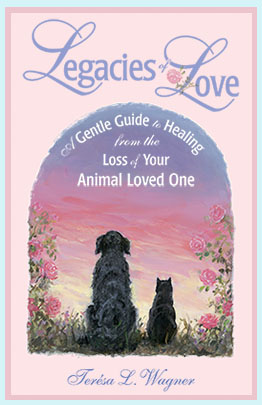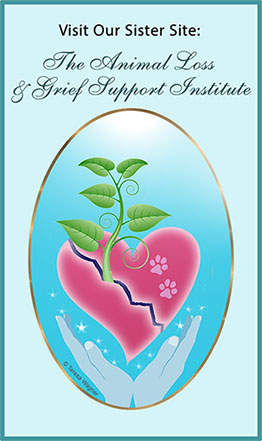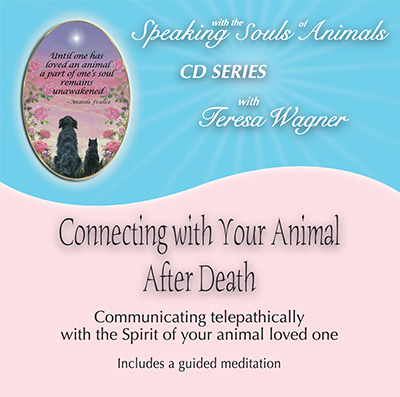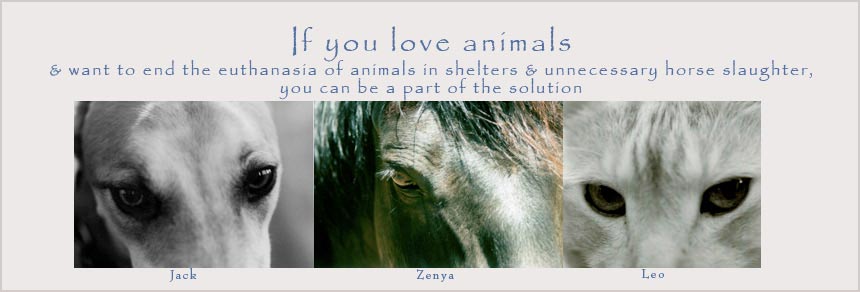Tips to Support Others Who Grieve
One Who Knows My Heart
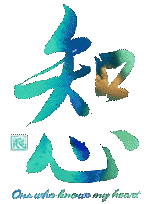
Re-printed with permission.
This beautiful Chinese symbol meaning "one who knows my heart" represents what most grievers want and need: Someone who understands the depth of their love for animals that lives in their hearts. Someone who knows the pain of their loss. Someone who accepts their bond with animals as real, as legitimate, as sacred. Someone who does not belittle or diminish this bond by suggesting that human bonds are more important, that human loss is the only real loss.
What any of us want when in pain is someone who simply "knows our heart" without judgment, without a need to fix us, someone who is simply willing and able to be with us in the space of our pain, honoring what we have lost.
For information on training and education in grief support visit the
The Animal Loss & Grief Support Institute
According to research conducted by Janice Harris Lloyd, author of Beyond Sympathy, people who are grieving want three basic things:
- being allowed to talk about their loss when they want to,
- having all of their feelings accepted, and
- being with others who have had similar experiences.
These things also might be pared down to wanting one thing: someone "who knows our heart".
In my own experiences with people grieving the loss of animal loved ones, over the years I have heard three overall categories of complaints about how they are not supported. These include other people:
- acting like nothing significant has happened,
- discounting their feelings or stopping their tears, and
- providing answers, platitudes, or trying to "fix" their grief.
So why is there a gap between what we want and need as grievers and what we often get?
In a society which has encouraged the denial of grief more than it's expression, especially when an animal has died, it's sometimes hard to know what to say to a client, co-worker, friend, or loved one who is grieving the loss of a beloved animal. We want to help but may not know quite how. We may feel awkward and unsure about what to do or say. Everyone, at some time in life, experiences significant loss and subsequent grief. Yet most of us, sometimes even professional helpers, are not familiar with responses and actions known to help or hinder another's grief recovery process, especially as they relate to the disenfranchised grief of animal loss. As a result, a complex web of unacknowledged and unattended emotions abound. Feelings of awkwardness, guilt, inadequacy, confusion and embarrassment are often experienced by supporters. Feelings of anger, resentment, hurt, outrage, and disappointment are common among grievers, who often wish the people around them would treat their loss and grief more appropriately.
The following guidelines, information and resources are offered to bring you practical assistance and inspiration in your quests to be effectively supportive.
You may want to consider taking the
Grief Support Skills Teleclass with Teresa
or other classes in the Animal Loss and Grief Support Professional Program of Study

